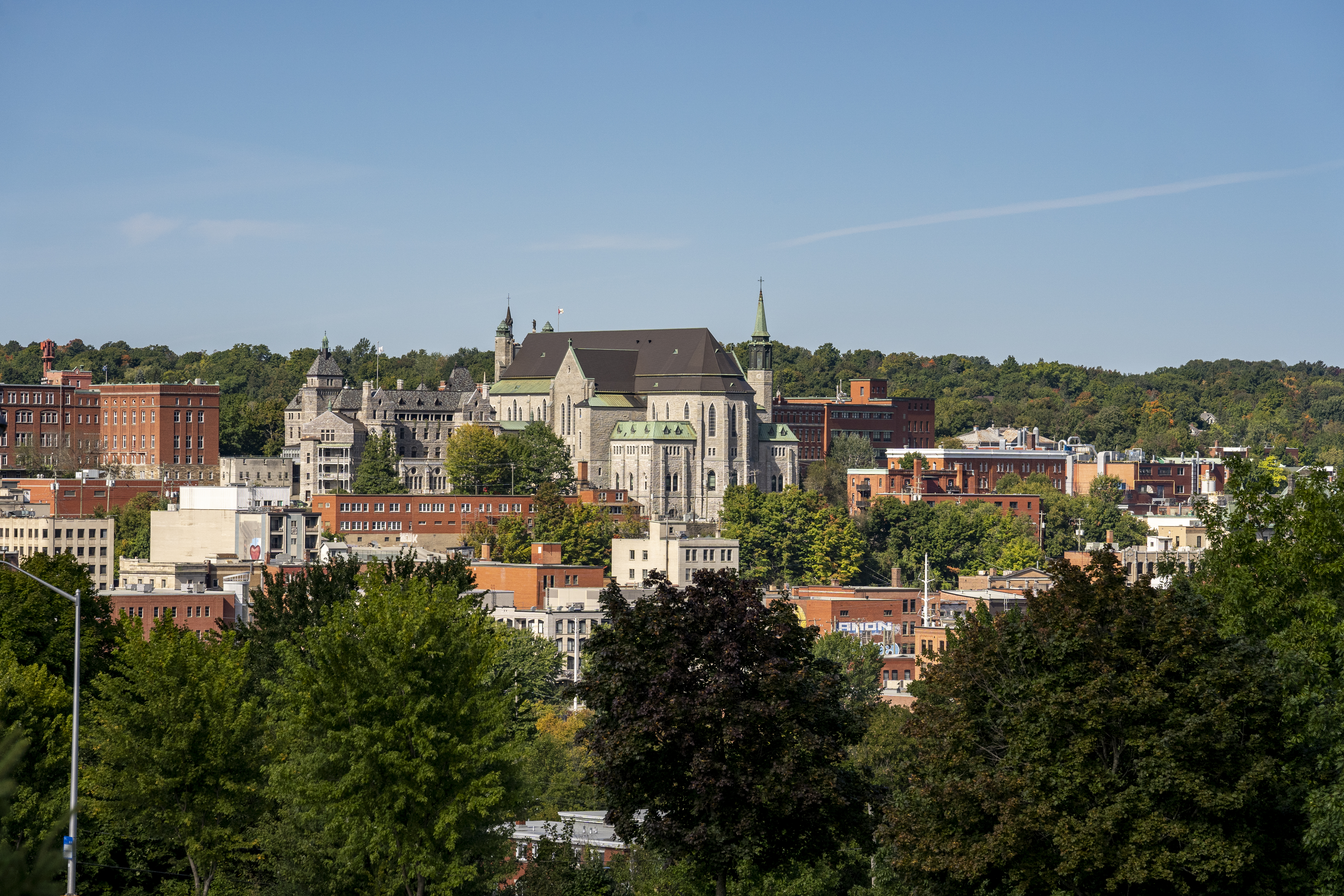

What is TQC 2026?
The Theory of Quantum Computation, Communication and Cryptography (TQC) is a leading annual international conference for students and researchers working in the theoretical aspects of quantum information science. The scientific objective is to bring together the theoretical quantum information science community to present and discuss the latest advances in the field.
See the list of previous conferences here.
Key Dates TQC 2026
(all times 23:59 AoE)
| Date | Event |
|---|---|
| February 1st, 2026 | Talk submission deadline |
| March 1st, 2026 | Early poster notification deadline* |
| April 2nd, 2026 | Talk notification to authors |
| April 20th, 2026 | Poster-only submission deadline |
| May 1st 2026 | Poster-only acceptance notification to authors |
| Mon, August 31 – Fri, September 4 | TQC 2026 |
*The intention of the early poster notification is to facilitate logistics related to registration and travel authorizations. Submissions accepted at this stage will continue through the talk selection process.
Sponsors
platinum
Other Sponsors
2026 TQC Logo

Our logo was created by local artist Christine Sioui Wawanoloath. Inspired by quantum concepts, vibrant colors, and cultural tradition, Christine incorporated the bear as a meaningful symbol in her design. Discover more of her artwork here.